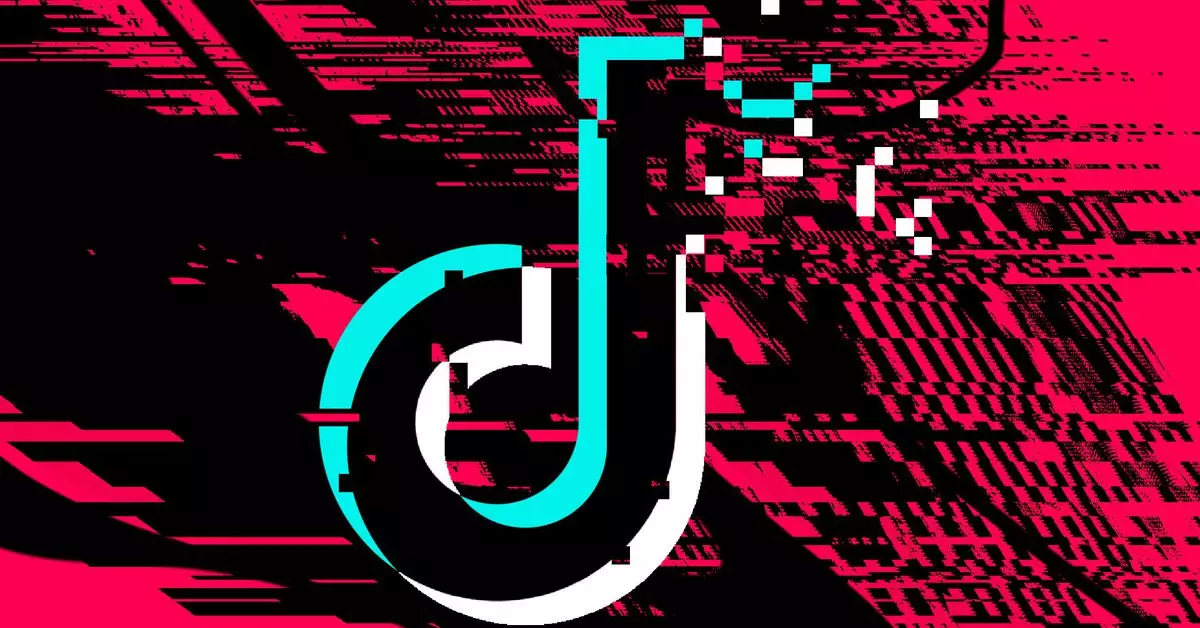In the ongoing saga of TikTok’s regulatory challenges in the United States, tensions seem to be escalating between the platform and the incoming Trump administration. Recently, the perceived threat from TikTok to “go dark” unless the Biden administration offers reassurances regarding app store liabilities has triggered various responses from government officials. White House Press Secretary Karine Jean-Pierre dismissed the notion as a “stunt,” suggesting that TikTok’s threats may lack substance and credibility. It is within this turbulent political landscape that significant conversations about digital sovereignty, free speech, and the operational viability of tech companies unfold.
TikTok’s assertion to cease operations raises questions about the levers of power in the tech landscape, particularly concerning how companies navigate regulatory frameworks. CEO Shou Chew’s outreach to Donald Trump highlights an intriguing dynamic—an attempt to leverage political goodwill to safeguard the platform’s future in the U.S. As Chew expresses gratitude towards Trump, it reflects a strategy driven by uncertainty as TikTok grapples with government restrictions that could jeopardize its operations. This public appeal underlines the weighty intersection of user privacy, national security, and corporate interests that characterize the current digital environment.
With significant influence over app accessibility, companies such as Apple and Google find themselves in a precarious position. Their decisions regarding the continued availability of TikTok hinge on the balance of legal risk versus customer demand. Amidst unclear directives regarding enforcement of bans on platforms like TikTok, major tech firms could face an existential dilemma. Will they prioritize consumer access to popular apps or yield to government pressure? The contradictory stance of the incoming administration, indicating plans for potential extensions or revisions to the ban, leaves room for speculation on how these companies will respond.
As discussions about government interventions continue, the implications of a TikTok ban extend beyond mere access to an app. It invites scrutiny about the limitations imposed on digital expression and the ramifications for users who rely on social media platforms for connection and creativity. There is a growing sentiment that such restrictions could stifle innovation and limit free speech in the digital realm. As stakeholders on all sides grappling with the nuances of data security and user rights, the unfolding narrative invites a broader reconsideration of how the tech industry can operate within a framework of accountability while ensuring user freedoms are respected.
In light of the complex interplay between TikTok, the incoming administration, and tech giants, it is imperative that a constructive dialogue emerges. Stakeholders should prioritize transparency and communication aimed at established guidelines that protect both consumer interests and national security without infringing upon digital freedoms. As the scenario unfolds, the call for a nuanced approach becomes ever more critical, ensuring that legislation keeps pace with the rapid evolution of technology, ultimately fostering a climate of trust and collaboration in the digital age.


Leave a Reply